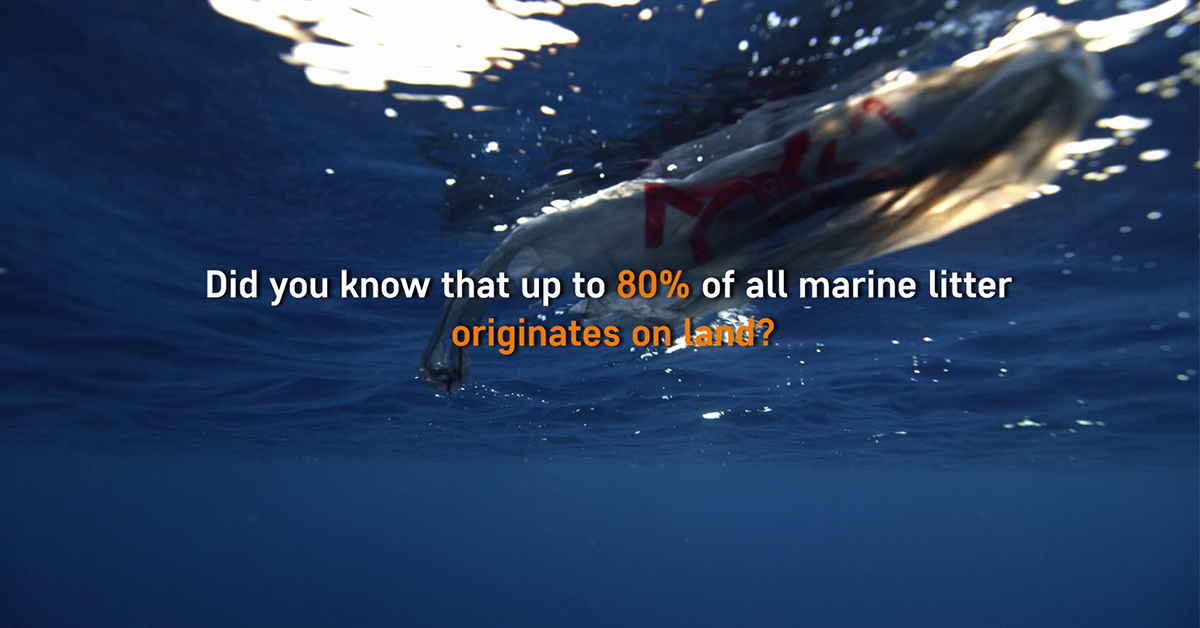Canada, Mexico and the United States cooperate to reduce marine litter in shared North American watersheds
For World Oceans Day, Do Your Part to Reduce Marine Litter!
Montreal, 8 June 2019—To mark the celebration of World Oceans Day, the Commission for Environmental Cooperation (CEC) has released three short films highlighting its recent efforts to reduce marine litter in two border watersheds, the Salish Sea (US-Canada) and the Tijuana River (US-Mexico).
With funding from the governments of Canada, Mexico and the United States, the CEC undertook work to engage local communities in implementing local, low-tech actions to reduce and prevent waste from finding its way to the ocean.
“Marine litter is an urgent global problem with widespread repercussions on marine species, coastal communities and the future health of our oceans. What we have demonstrated is that local communities can cooperate across borders to take simple actions that make a big difference,” said César Rafael Chávez, CEC Executive Director.
Using a multi-stakeholder engagement approach, the project built local capacity, created new local knowledge and engaged youth, local and indigenous communities to strengthen future marine litter reduction initiatives in those regions.
The project was the first community-based marine litter reduction initiative to focus on North American border watersheds. By successfully piloting this community-based approach in these two regions, the CEC is demonstrating that local action is essential to solving marine litter and can be replicated in all coastal communities in North America.
Marine litter damages ecosystems and kills marine life, threatening our food supplies, tourism, the fishing industry, and our economies. North America is a significant contributor of land-based marine litter. Common trash from consumer goods in coastal and inland locations makes up the majority of trash that pollutes our waterways and oceans.
For more information about these CEC piloted actions:
VIDEO: Building Community Solutions to Marine Litter in North America
VIDEO: Building Community Solutions to Marine Litter | Tijuana River
VIDEO: Building Community Solutions to Marine Litter | Salish Sea

About the CEC
The Commission for Environmental Cooperation (CEC) was established in 1994 by the governments of Canada, Mexico and the United States through the North American Agreement on Environmental Cooperation, a parallel environmental agreement to NAFTA. As of 2020, the CEC is recognized and maintained by the Environmental Cooperation Agreement, in parallel with the new Free Trade Agreement of North America. The CEC brings together a wide range of stakeholders, including the general public, Indigenous people, youth, nongovernmental organizations, academia, and the business sector, to seek solutions to protect North America’s shared environment while supporting sustainable development for the benefit of present and future generations
The CEC is governed and funded equally by the Government of Canada through Environment and Climate Change Canada, the Government of the United States of Mexico through the Secretaría de Medio Ambiente y Recursos Naturales, and the Government of the United States of America through the Environmental Protection Agency.